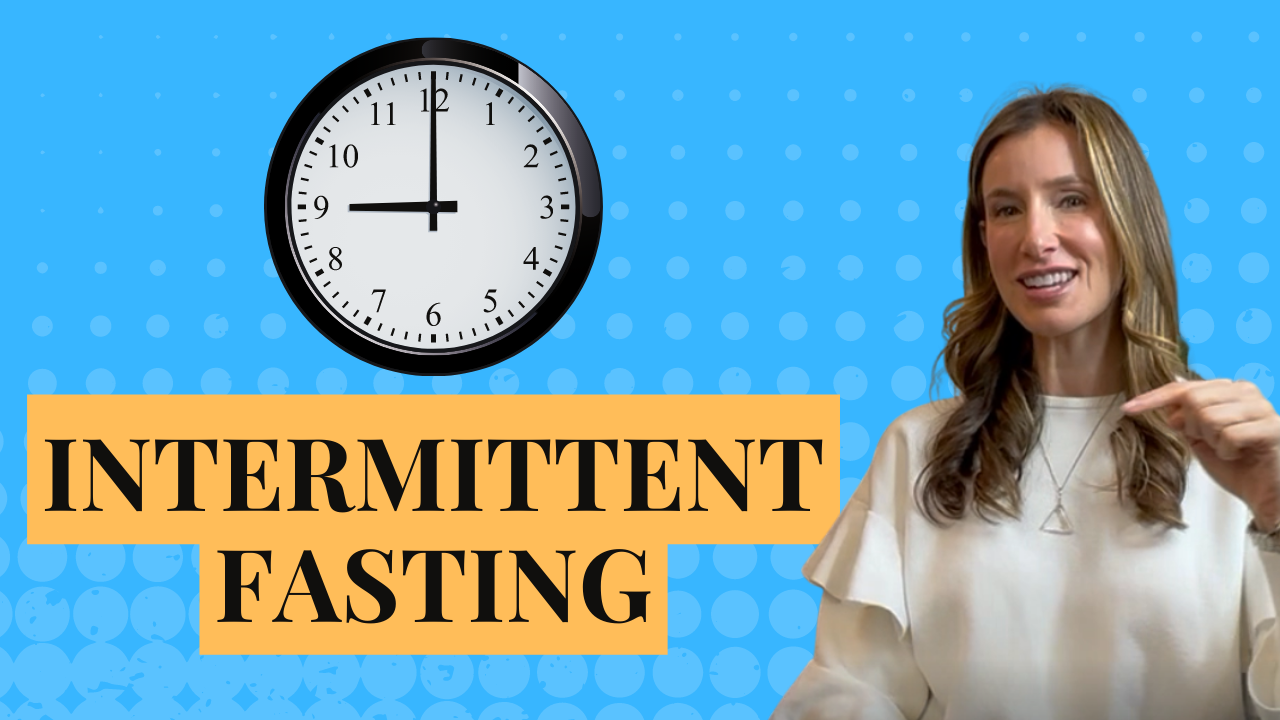
Intermittent fasting has been touted as a quick and easy way to lose weight, but registered dietician Ilyse Shapiro believes it’s not sustainable in the long run.
One of the problems with intermittent fasting is that it can slow down your metabolism. When you go too long in the morning without eating, your body goes into “starvation mode” and starts to conserve energy. This can lead to intense cravings later in the day and make it hard to stick to your diet.
Instead of intermittent fasting, Shapiro recommends a more consistent approach to fueling your body. Wake up and have breakfast, then eat something every three hours throughout the day. This will keep your metabolism going and help with long-term sustainable weight loss.
Intermittent fasting also has a number of side effects that make it less than ideal. Cravings, fatigue, digestive issues, malnutrition, irritability, and problems for those on certain medications are all potential consequences of intermittent fasting.
So if you’re looking to lose weight, skip the intermittent fasting and focus on fueling your body consistently throughout the day. Not only is this a more sustainable approach, but it will also help you avoid the unpleasant side effects of intermittent fasting.
